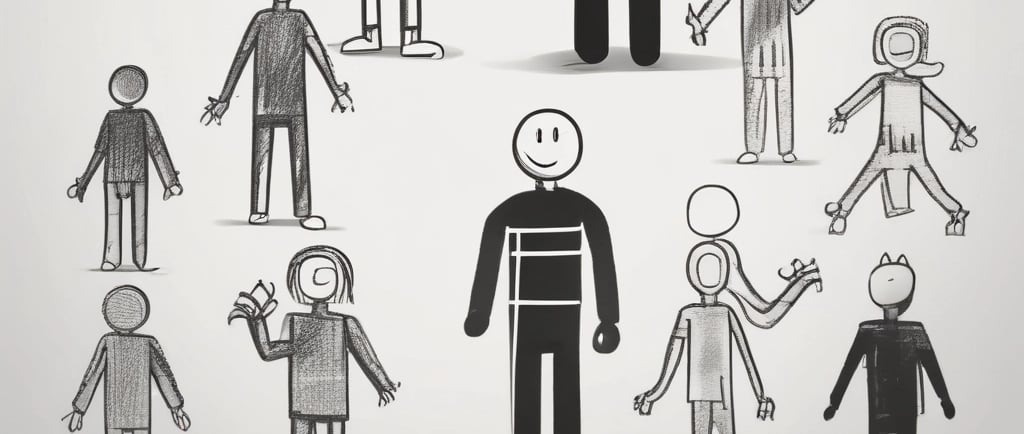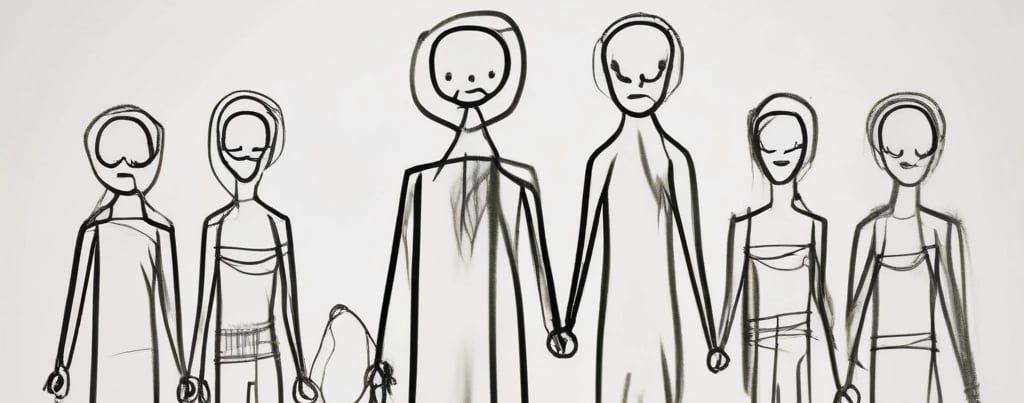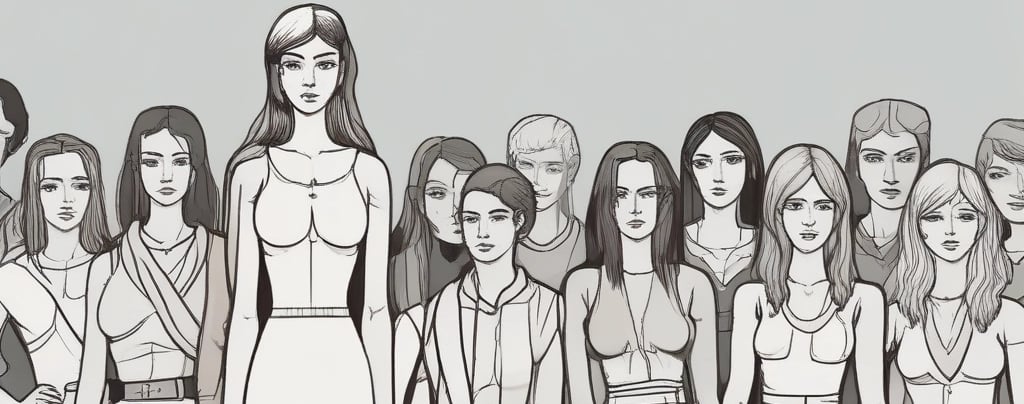Breaking Free from Patriarchy: How Masculinity, Silence, and Expectations Keep Us Disconnected
I used to think being a man meant being unshakable. Now I know it means being real.
10/29/20253 min read


The Downside of Patriarchy: How It’s Holding Us Back
Let’s talk about something real — patriarchy. It’s a word that gets thrown around a lot, but when you strip it down, it’s pretty simple: patriarchy is a system where men hold most of the power and control — in politics, business, religion, and even in our families.
It’s the idea that men are supposed to lead, decide, and dominate, while women (and anyone who doesn’t fit neatly into that binary) are expected to follow, nurture, and support. And this system isn’t new. It’s been around for thousands of years — basically since humans started farming and owning land.
Before that, many early human societies were more balanced. People hunted, gathered, and survived together. But once land and inheritance became a thing, men began to hold onto power. They passed property down to their sons, wrote laws that protected their interests, and, over time, convinced the world that this was “natural.” Religion, culture, and politics reinforced it until it felt like the only way life could work.
But here’s the truth: patriarchy has never worked for everyone.


How It Hurts Women
For women, the effects have been brutal and long-lasting.
It’s kept them out of schools, out of leadership, and out of spaces where decisions are made.
It’s told them what to wear, how to behave, and when to speak — if they were allowed to speak at all.
It’s even tried to control their bodies and their choices.
Women have always had to fight uphill for things that should’ve been basic rights. Even today, we see the remnants of that struggle in wage gaps, glass ceilings, and everyday double standards.
How It Hurts Men (Including Me)
But patriarchy doesn’t just hurt women — it hurts men too. And I’ve seen it up close in my own life.
It’s affected my relationship with my father in ways I’m still trying to unpack. The silence between us, the unspoken expectations — they all come from that same old idea that men shouldn’t show emotion. We’re taught that being strong means being quiet, being tough, being in control.
But honestly? That kind of “strength” has cost me real connection.
It’s also made it hard for me to be a fully present partner in my romantic life. Men aren’t taught how to express our feelings clearly, or how to communicate with vulnerability. We bottle things up, we hold our breath, and we end up giving our partners half of who we really are.
That’s not fair — to them or to us.
If you love someone, they deserve the version of you that’s open, communicative, and emotionally present.


The Pressure to Perform Masculinity
Sometimes, I feel like I’m carrying around this invisible weight — the pressure to be “the man.” To uphold a standard that doesn’t benefit me at all. I’m supposed to be strong, stoic, successful, unshakable.
But none of those things make me feel whole. They just make me feel distant — from others, from myself, from love.
The truth is, patriarchy has taught men to fear softness. But that softness — that vulnerability — is exactly what makes us human.
Redefining Strength and Love
We don’t have to keep performing masculinity the way the world has told us to. We can choose something different — something real.
For me, that looks like unlearning old patterns, listening more, and showing up with honesty instead of armor. It’s not easy, but it’s worth it. Because love deserves more than what patriarchy has taught us to give.
And maybe if we let go of this system, we can all breathe a little easier.
Maybe we can create relationships, families, and communities built on equality, care, and connection — not dominance or silence.
That’s the world I want to live in.
And it starts with telling the truth: patriarchy doesn’t serve us anymore — it never really did.